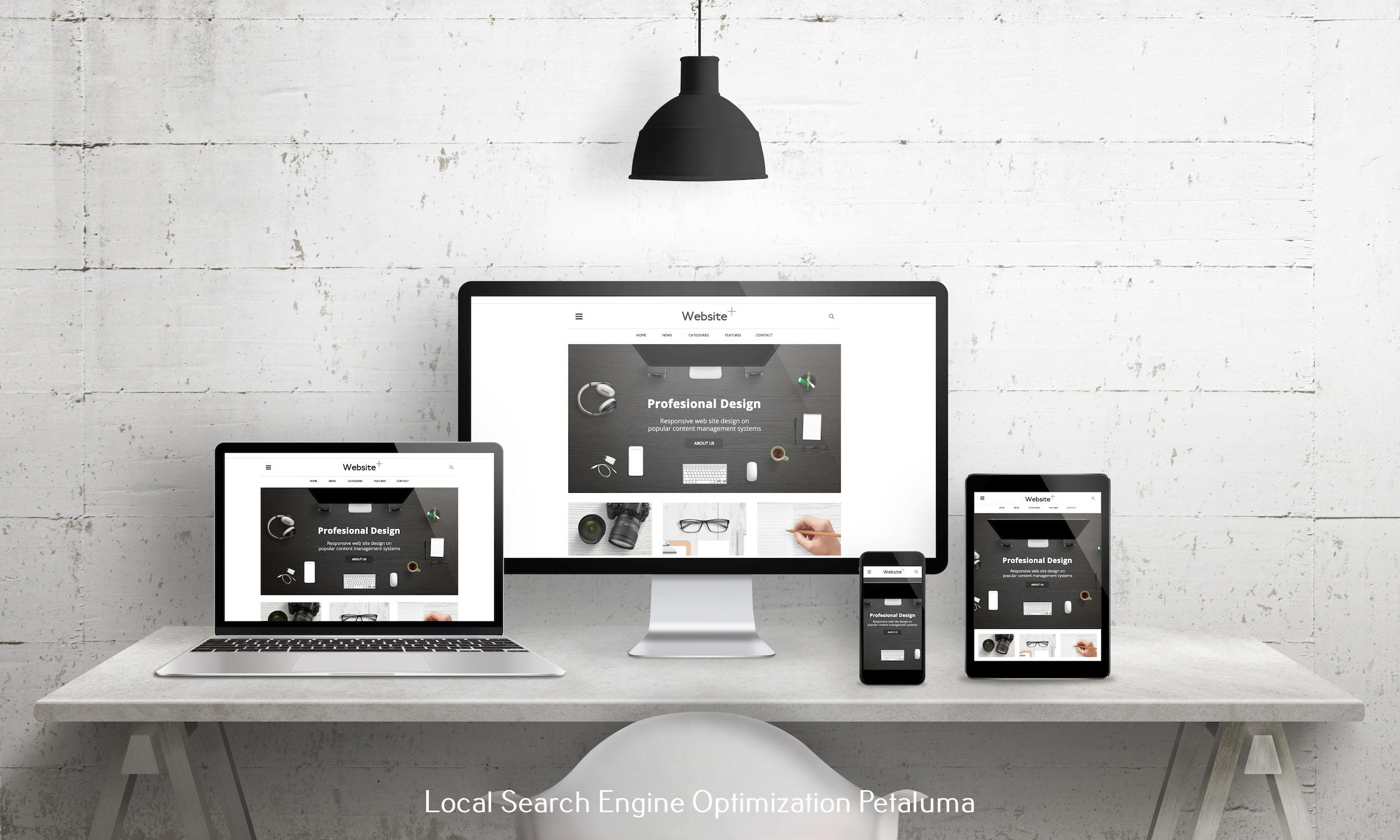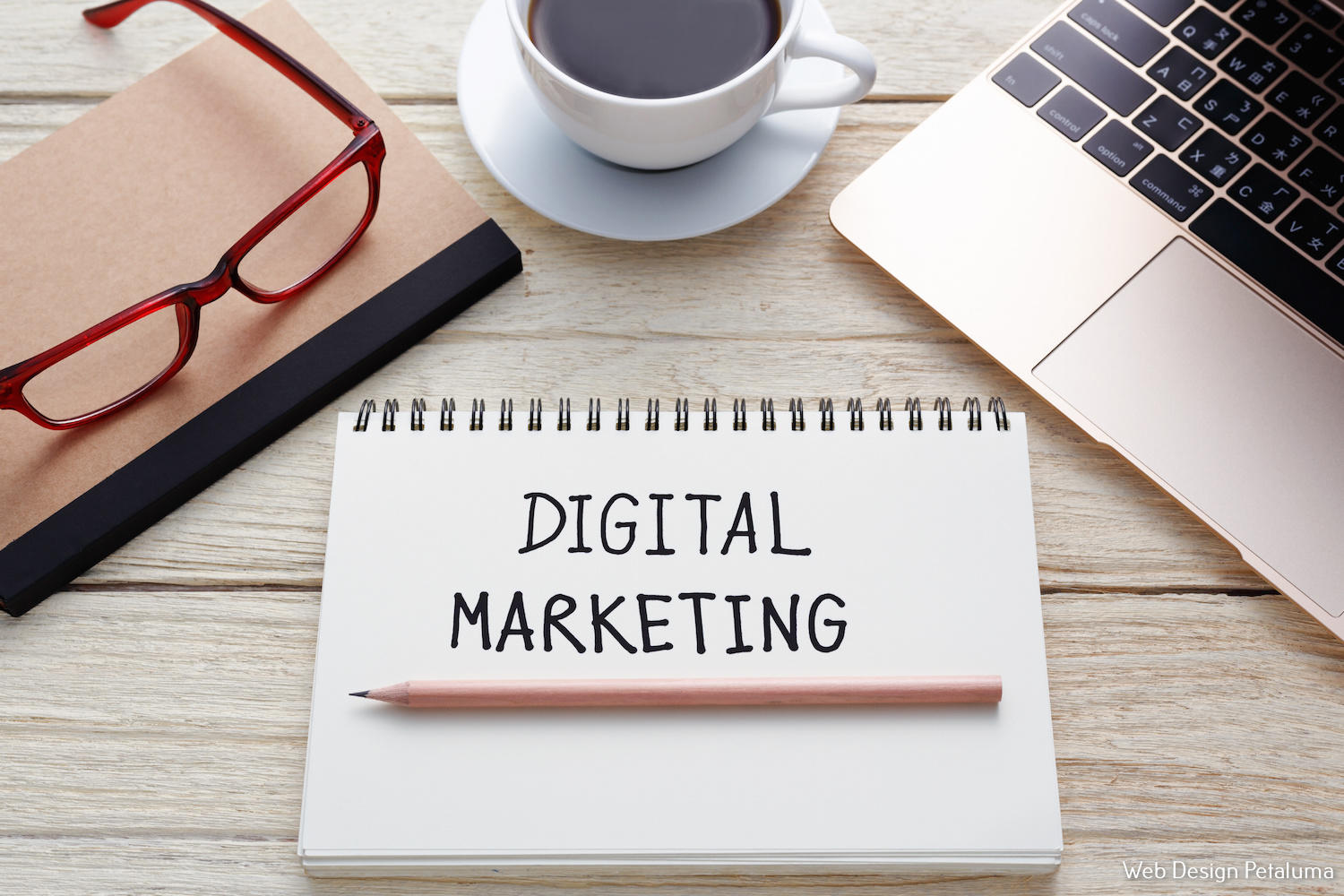In today's rapidly evolving digital landscape, businesses are presented with a multitude of marketing options to promote their products and services. Two terms that are often used interchangeably but hold distinct meanings are “web marketing” and “digital marketing.” Understanding the difference between these two concepts is crucial for crafting effective marketing strategies. In this blog post, we will delve into the nuances of web marketing and digital marketing to shed light on how they differ and why both are essential components of a comprehensive marketing strategy.
Defining Web Marketing:
Web marketing, as the name suggests, primarily revolves around activities related to promoting a business or brand through online channels. It encompasses various strategies and tactics focused on the company's website as the central hub for online interactions. Web marketing includes elements such as:
- Website Design and Optimization: The cornerstone of web marketing is a well-designed and user-friendly website. This includes ensuring responsive design, fast loading times, and an intuitive user interface to create a positive online experience.
- Search Engine Optimization (SEO): Web marketing involves optimizing the website's content and structure to improve its visibility in search engine results. Effective SEO practices help attract organic traffic to the site.
- Content Marketing: Content creation and distribution on the website, such as blogs, articles, videos, and infographics, are vital components of web marketing. Valuable and relevant content enhances user engagement and supports SEO efforts.
- Email Marketing: Email campaigns are often part of web marketing strategies. Businesses use email to communicate with their audience, share updates, and nurture leads.
- Social Media Integration: Social media profiles and integration on the website allow businesses to connect with their audience on various platforms.
Understanding Digital Marketing:
Digital marketing, on the other hand, encompasses a broader spectrum of online and digital channels for promoting products and services. While web marketing is a subset of digital marketing, the latter extends beyond the confines of a company's website. Key components of digital marketing include:
- Search Engine Marketing (SEM): Digital marketing includes both SEO and paid advertising (e.g., Google Ads). SEM aims to increase a business's visibility on search engine results pages through organic and paid strategies.
- Social Media Marketing: Beyond integrating social media into the website, digital marketing emphasizes using social media platforms like Facebook, Instagram, Twitter, and LinkedIn as standalone channels for marketing campaigns.
- Email Marketing: While email marketing is integral to web marketing, it is also a critical component of digital marketing. Email campaigns can target a broader audience beyond website visitors.
- Display Advertising: Digital marketing incorporates display ads that can appear on websites, apps, and social media platforms. These ads use visuals and text to capture audience attention.
- Content Marketing: Like web marketing, content marketing plays a significant role in digital marketing. Content is created and distributed across various digital channels, including websites, blogs, social media, and third-party platforms.
- Affiliate Marketing: Digital marketing often includes affiliate programs where businesses collaborate with affiliates or influencers to promote their products or services.
Key Differences:
- Scope: Web marketing is focused on activities related to a company's website, while digital marketing encompasses a broader range of online channels and platforms.
- Channels: Web marketing primarily operates within the confines of a website, whereas digital marketing leverages various online channels, including social media, search engines, email, and third-party websites.
- Objectives: The primary objective of web marketing is to enhance the performance and visibility of a website. In contrast, digital marketing aims to promote products or services across multiple digital touchpoints to reach a wider audience.
- Audience Reach: Digital marketing has a broader reach as it utilizes various online platforms and channels, allowing businesses to engage with a more extensive and diverse audience.
Why Both are Essential:
While web marketing is vital for creating a strong online presence and optimizing a website for better visibility, digital marketing is essential for reaching a broader audience and diversifying marketing efforts. Combining both approaches ensures a comprehensive and effective digital marketing strategy.
Conclusion:
In summary, web marketing and digital marketing are related but distinct concepts in the realm of online promotion. Web marketing revolves around activities centered on a company's website, while digital marketing encompasses a broader range of online channels and platforms. Both approaches are essential components of a well-rounded digital marketing strategy, each contributing to achieving specific objectives and reaching different segments of the online audience. Understanding the differences between these two concepts empowers businesses to craft more effective and targeted marketing strategies in the ever-evolving digital landscape.





































0 Comments